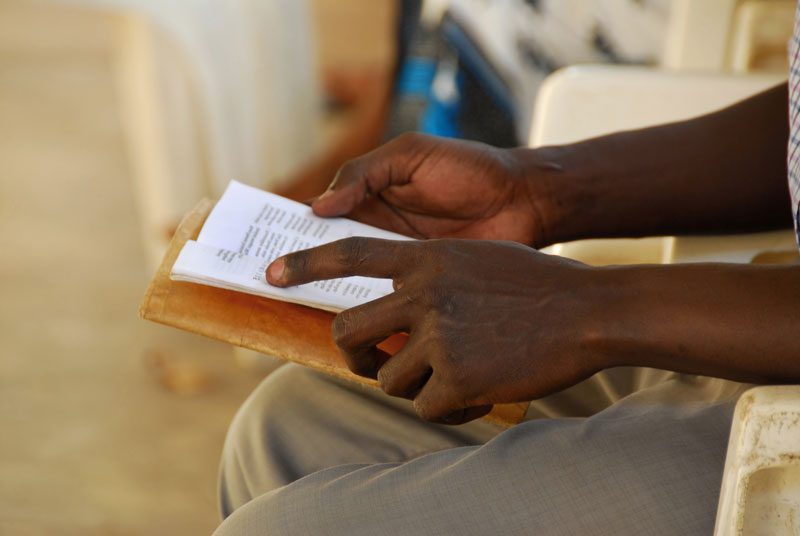Related Articles
Lausanne 74: The Plenary Program
Billy Graham opened and closed the International Congress on World Evangelization, and in between he preached at a Sunday afternoon public evangelistic rally at Lausanne’s Olympic Stadium.
Lausanne 74: The Plenary Program
Billy Graham opened and closed the International Congress on World Evangelization, and in between he preached at a Sunday afternoon public evangelistic rally at Lausanne’s Olympic Stadium.
Many Ethnicities, One Race
The idea of “races” is fiction. There is but one human race descended from one parentage, all of whom are created in the image of God spiritually, rationally, morally, and bodily. Our failures at unity is a failure to ground our ideas of ethnicity and “race” in the person and work of Christ Jesus.
World Evangelization by A.D. 2000: Will We Make It?
As the year A.D. 2000 began to loom into view, Christian leaders started praying and dreaming about what could be accomplished by the the end of the century (and millennium).

